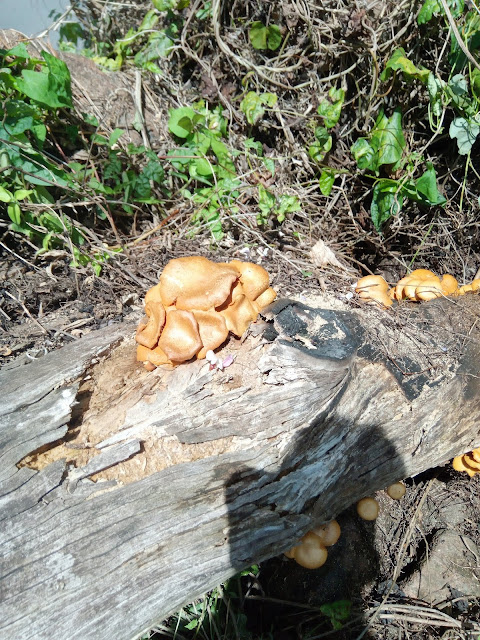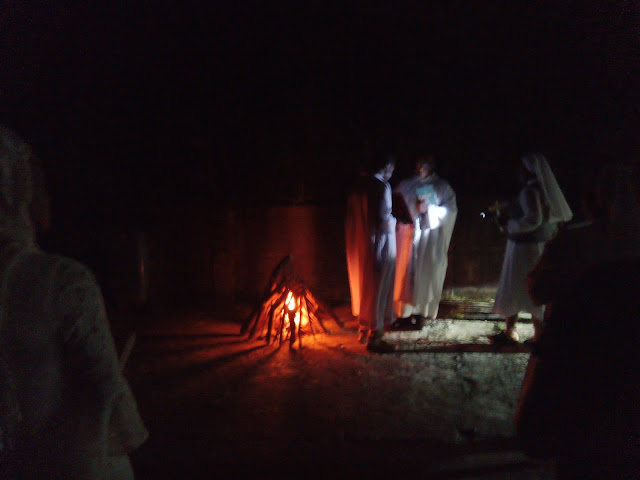Mushrooms

OK, mushrooms. Love them or hate them. I’m in the former group but I have family, on the “in-law” side, that are solidly in the “hate them” group. I am interested in seeing if mushroom can be raised on these tropical islands for several reasons. Actually, I saw that mushroom could be raised on Dominica so now it’s just figuring out if they can adjust to my microclimate. Why my interest? First, mushrooms are a good source of protein and other nutrients. I would like them in my diet and I would like to encourage others to include them as well. (But I don’t want to buy imported ones from China.) Second, mushrooms, given other favorable environmental factors, can be grown on “waste products” - such as cardboard boxes, wood chips, coffee grounds, cocoa pods, banana stems/leaves, coconut waste, sugarcane bagasse, and other organic material available on the islands and other developing countries. Third, as mushrooms can be dried for use later they could be more easily exported or

